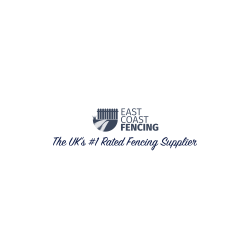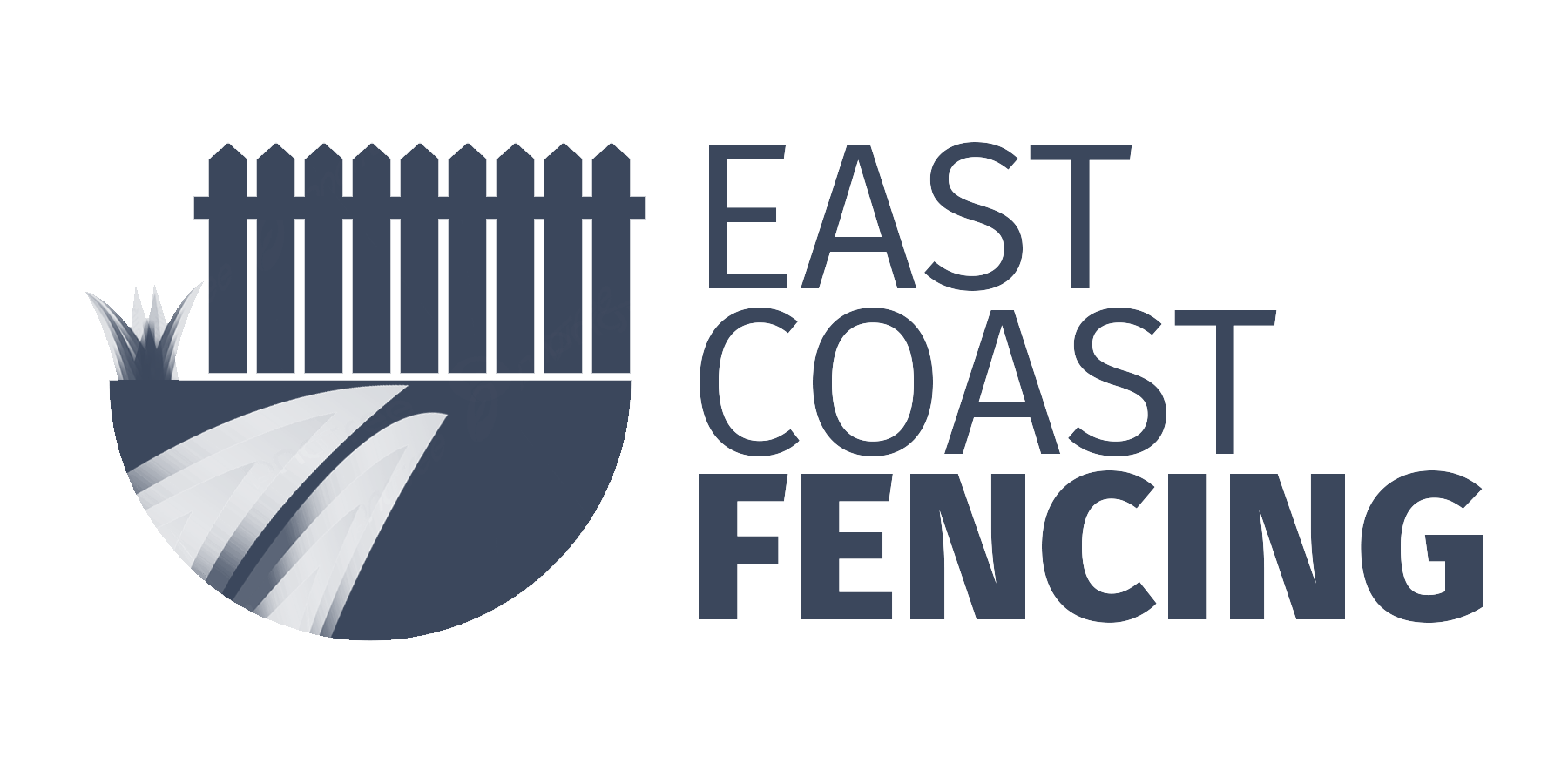Softwood Fencing: A Great Choice for the Environment and Your Wallet

When it comes to choosing fencing for your property, there are plenty of options available, each with their own set of benefits and drawbacks. However, if you’re looking for a choice that is both environmentally friendly and cost-effective, softwood fencing emerges as a compelling option. This blog post aims to explore the environmental and financial benefits of using softwood for fencing, providing you with all the information you need to make an informed decision.
What is Softwood?
Softwood comes from gymnosperm trees, such as pines, firs, and cedars, which tend to grow quickly compared to their hardwood counterparts. This rapid growth rate means that softwood trees can be replenished much faster, making them a more sustainable resource. Furthermore, the process of harvesting and processing softwood into fencing materials typically requires less energy compared to other materials, reducing its overall carbon footprint.
Environmental Benefits
Sustainable Sourcing
One of the primary environmental benefits of softwood fencing is its sustainability. Due to their fast growth rate, softwood trees can be harvested sustainably, ensuring that forests are not depleted over time. Many softwood suppliers are committed to responsible forest management practices, such as replanting trees and reducing the impact of logging activities on wildlife habitats.
Reduced Carbon Footprint
The production process for softwood fencing has a lower carbon footprint compared with other fencing materials like vinyl or metal. Softwoods, being lighter, also require less energy for transportation, further minimising their environmental impact. Additionally, wood is a carbon-neutral material, as the carbon dioxide captured by the trees during their growth phase approximately equals what is released during the processing and eventual decomposition.
Financial Advantages
Cost-Effectiveness
Softwood fencing is generally more affordable than hardwood fencing and other alternatives such as metal or composite materials. The lower cost is largely due to the quick growth and abundance of softwood trees, which make the raw material less expensive. This affordability makes softwood fencing an attractive option for covering large areas without breaking the bank.
Durability and Maintenance
While softwood may not be as durable as hardwood or metal, modern treatments and finishes can significantly extend its lifespan, protecting it against decay, insects, and weathering. These treatments ensure that softwood fencing remains a cost-effective choice over time, requiring minimal maintenance compared to some other fencing materials that may need frequent repairs or replacements.
Making Your Choice
Considerations for Choosing Softwood Fencing
When considering softwood for your fencing, it's essential to think about the specific needs of your project. Factors such as the climate in your area, the level of maintenance you’re willing to perform, and your aesthetic preferences should all play a part in your decision. For example, certain types of softwood may require more frequent treatments in harsher climates, but their natural beauty and environmental benefits may outweigh this minor drawback.
Ensuring Sustainability
To maximise the environmental benefits of your softwood fencing, look for products sourced from sustainably managed forests. Certifications such as the Forest Stewardship Council (FSC) label can provide assurance that the wood you are purchasing has been harvested in an environmentally responsible manner.
In conclusion, softwood fencing offers a range of environmental and financial benefits that make it an excellent choice for both your property and the planet. By choosing responsibly sourced softwood and taking proper care of your fence, you can enjoy these benefits for years to come. Whether you're fencing a small garden or a large estate, softwood provides a sustainable, affordable, and attractive solution.














Leave a Comment